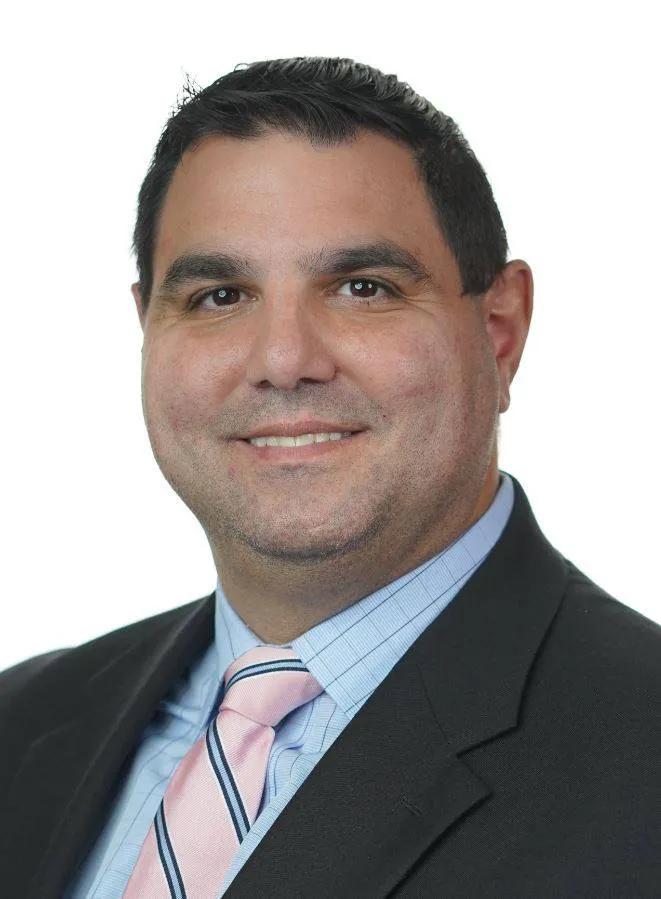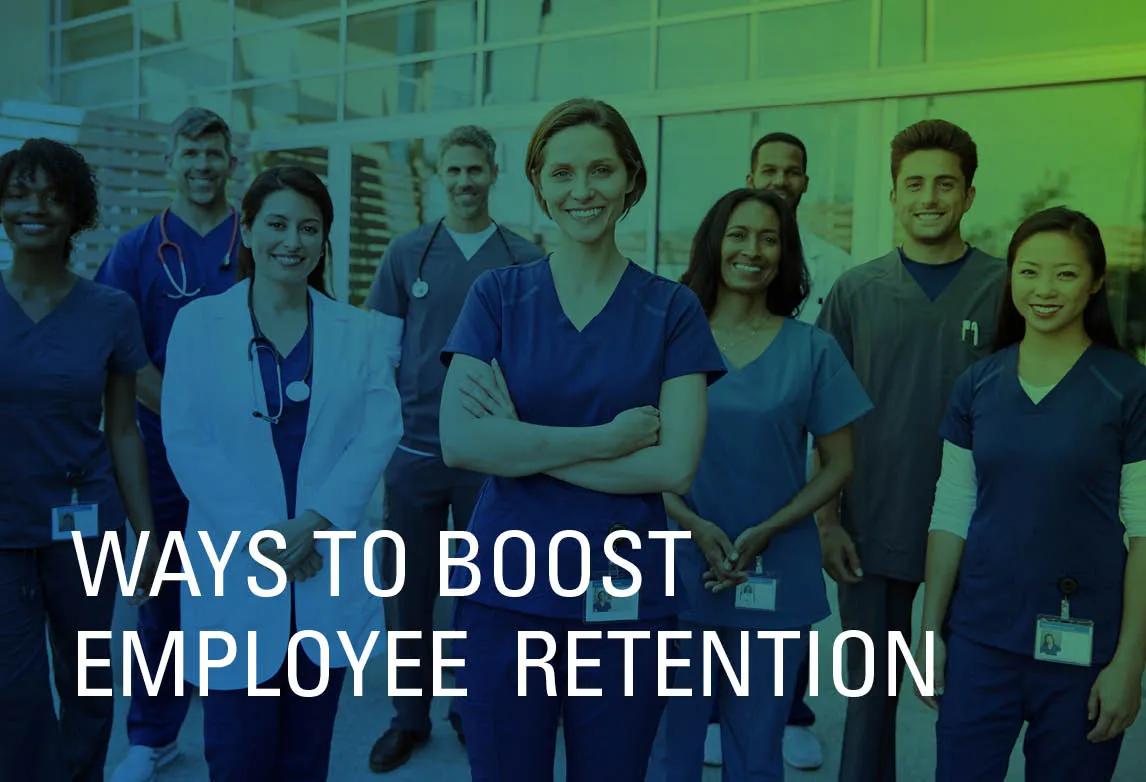7 Deal Breakers for Prospective Employees

What to Avoid to Keep Top Healthcare Talent Interested During the Entire Hiring Process
When hiring, employers often have deal breakers, or things that can instantly get a job prospect removed from their potential hiring list. Well, prospective employees can have their own deal breakers too. Knowing what these deal breakers are can help your healthcare agency attract and retain applicants during the entire hiring process. According to a survey conducted by the American Staffing Association, there are seven to pay attention to.1
#1: Misrepresenting What the Job Entails
One of the first steps to hiring a new employee is to create a job post. In an effort to make that post as attractive as possible to job applicants, it may be tempting to either play up certain job duties or omit others. However, misrepresenting what the job entails can make an interested job candidate jump ship once they realize what the position is really about.
Mispresenting the position’s responsibilities can also start the employer-employee relationship on a bad foot, causing the potential employee to mistrust what you tell them in the future. This is important because trust can make employees work harder, increase their productivity, and make them want to stay long-term.2 So, promoting and protecting that trust from day one can provide a lot of benefits.
#2: Wanting Unrealistic Qualifications
It’s only natural to want an employee who has all the qualifications necessary to do the job. At the same time, if you require too many qualifications for the open position, you risk missing out on hiring employees who can not only get the job done but are able to do it well.
Decide what type of education, experience, and skills are absolutely necessary for the position and list those in the job post. If you have others that you’d prefer, you can always ask about them during the interview. Or put them in another section of the post, reinforcing that while they’d be nice, not having those certain qualifications will not prevent you from hiring the right person for the job.
#3: Asking Illegal Questions During the Interview
There are certain questions that you cannot ask when interviewing a job candidate as they are prohibited by law. They include:3
- Inquiring about the person’s age, race, ethnicity, color, gender, sex, sexual orientation, or gender identity
- Asking the applicant about their country of origin or birthplace
- Questioning their religion or if they have a disability
- Whether they are married or their family status
- If they are pregnant
Some states also prohibit you from asking about the applicant’s salary in their previous jobs. Take the time to learn if there are any questions you are prevented from asking during the interview process.
Knowing what topics are off-limits during an interview can help keep you and your company from being sued for illegal hiring practices. The U.S. Equal Employment Opportunity Commission provides a detailed list of what is illegal at different stages of hiring, from posting the job advertisement to job assignments and promotions.
#4: Portraying Aggressive Behavior Toward the Applicant
The survey also found that if your hiring manager can sometimes come off as being aggressive or “in your face,” it could cause a potential employee to walk away before even finishing the hiring process. The applicant may fear that they would deal with the same type of aggression from other staff, making it more appealing to simply look for a job elsewhere.
The ability to interact and connect with people from various backgrounds is an important quality for a human resources professional.4 If you have any concerns about this issue, follow up with applicants via a post-interview survey and ask about their interactions with the hiring team. Making their responses anonymous may provide more honest answers.
#5: Failing to Answer the Prospective Employee’s Questions
Communication during the hiring process works both ways. Not only do you want job candidates to answer any questions you may have before making the hiring decision, they likely want the same from you.
If a prospective employee contacts you with questions or concerns about the open position, addressing them in a timely manner can keep the prospect engaged and interested in your organization. Even if you don’t provide the answer they want, they may respect you more because you at least took the time to respond.
#6: Not Following Up (Or Having Poor Follow-Up)
Finding a job can be stressful. In fact, work is one of the most common sources of stress, impacting 61% of the population.5 One way to help relieve stress for job seekers is to keep them informed every step of the way.
Let prospects know upfront what your time frames are for the hiring process so they know how long it will take and what may be required from them at different points in time. Taking the time to reach out to applicants who won’t be moving to the next step in the process does take some time, but it can also help to reduce the anxiety they feel waiting for a call that may never come.
#7: Lack of Any Face-to-Face Contact During the Interview Process
Another one of the deal breakers uncovered in the American Staffing Association’s survey was the lack of any face-to-face contact while going through the hiring steps. Some situations may make meeting in person difficult if not impossible, such as what we’ve seen with COVID-19. But there are other ways to meet with candidates face-to-face that don’t involve sitting directly across from each other. Video is one such option.
Or, if you deem it safe enough, you could still hold interviews in person while following the current guidelines as provided by the Centers for Disease Control and Prevention. Depending on the amount of spread and any new variants, this might include wearing face masks, sitting at least six feet apart, and avoiding poorly ventilated spaces when holding the interview.6
Ultimate Medical Academy Is Here to Help
At UMA, we like to help our employer partners attract and retain the right applicants for their open healthcare positions. Avoiding these deal breakers is a good first step, keeping prospective employees from deciding to walk away during the hiring process.
UMA’s Career Services team partners with healthcare organizations of varying scales, providing allied healthcare staffing solutions at no cost. This staffing team matches the growing needs of organizations with knowledgeable graduates.
Contact us today at 888-315-8211 to learn more about how we can help you attract and retain top healthcare talent.
1 Cision PR Newswire. Seven Top Deal-Breakers When Applying for, Accepting a Job. https://www.prnewswire.com/news-releases/seven-top-deal-breakers-when-applying-for-accepting-a-job-300972497.html
2 Harvard Business Review. Want Your Employees to Trust You? Show You Trust Them. https://hbr.org/2017/07/want-your-employees-to-trust-you-show-you-trust-them
3 Business News Daily. Illegal Job Interview Questions to Avoid. https://www.businessnewsdaily.com/4037-illegal-interview-questions.html
4 Bureau of Labor Statistics. Occupational Outlook Handbook. Human Resources Specialists. https://www.bls.gov/ooh/business-and-financial/human-resources-specialists.htm#tab-4
5 The American Institute of Stress. What Is Stress? https://www.stress.org/daily-life
6 Centers for Disease Control and Prevention. COVID-19: Protect Yourself. https://www.cdc.gov/coronavirus/2019-ncov/prevent-getting-sick/prevention.html
About the Author
 Michael Puleo
Michael PuleoMichael Puleo is a staffing and recruiting expert with over 20 years in the industry. He has led successful sales and recruiting teams across multiple industries including IT, accounting, and healthcare. Michael helps launch the careers of UMA graduates into the allied healthcare space.


